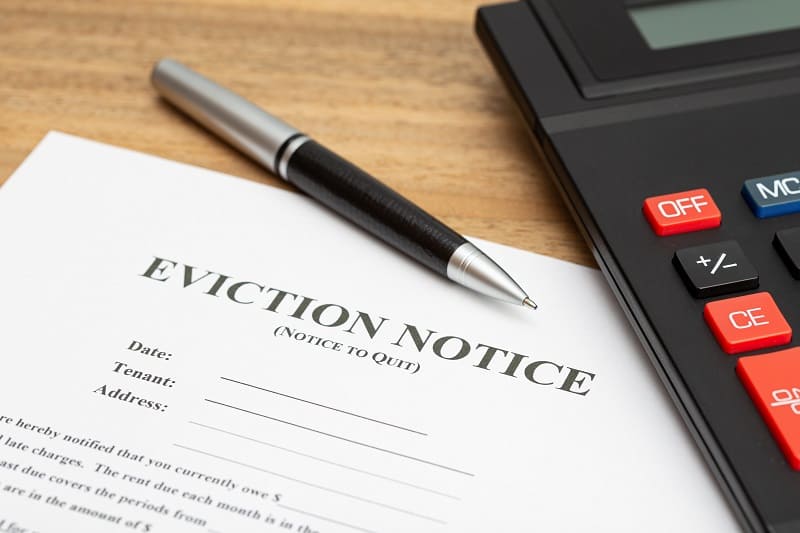
Don’t Let Landlord Harassment Slide: Get the Compensation You Deserve…



Don’t Let Landlord Harassment Slide: Get the Compensation You Deserve…

The Benefits of Having a Tenant Lawyer on Your Side…

What Rights Do Tenants Have In California? Have you considered…
“The truth is, 99 percent of cases do not go to trial. The two sides eventually come to an agreement and settle. We know this from the thousands of cases we have handled. Therefore, we critically analyze our client’s situation to see if we can help them find an agreement earlier rather than later. The difference will mean enormous savings in time and legal fees.
We will do everything in our power to successfully resolve your landlord-tenant case or real estate dispute in as little time as possible. We have the resources to take on complex real estate cases and the size to keep you from becoming more than just a case file.”

There are two sides to every story —
let yours be heard.
Steven Adair MacDonald & Partners, PC
870 Market Street
Suite 500
San Francisco, California 94102
United States
(415) 956-8698
Copyright © 2024 Steven Adair MacDonald & Partners, PC - All Rights Reserved. | Powered by Advantage Attorney Marketing & Cloud Solutions